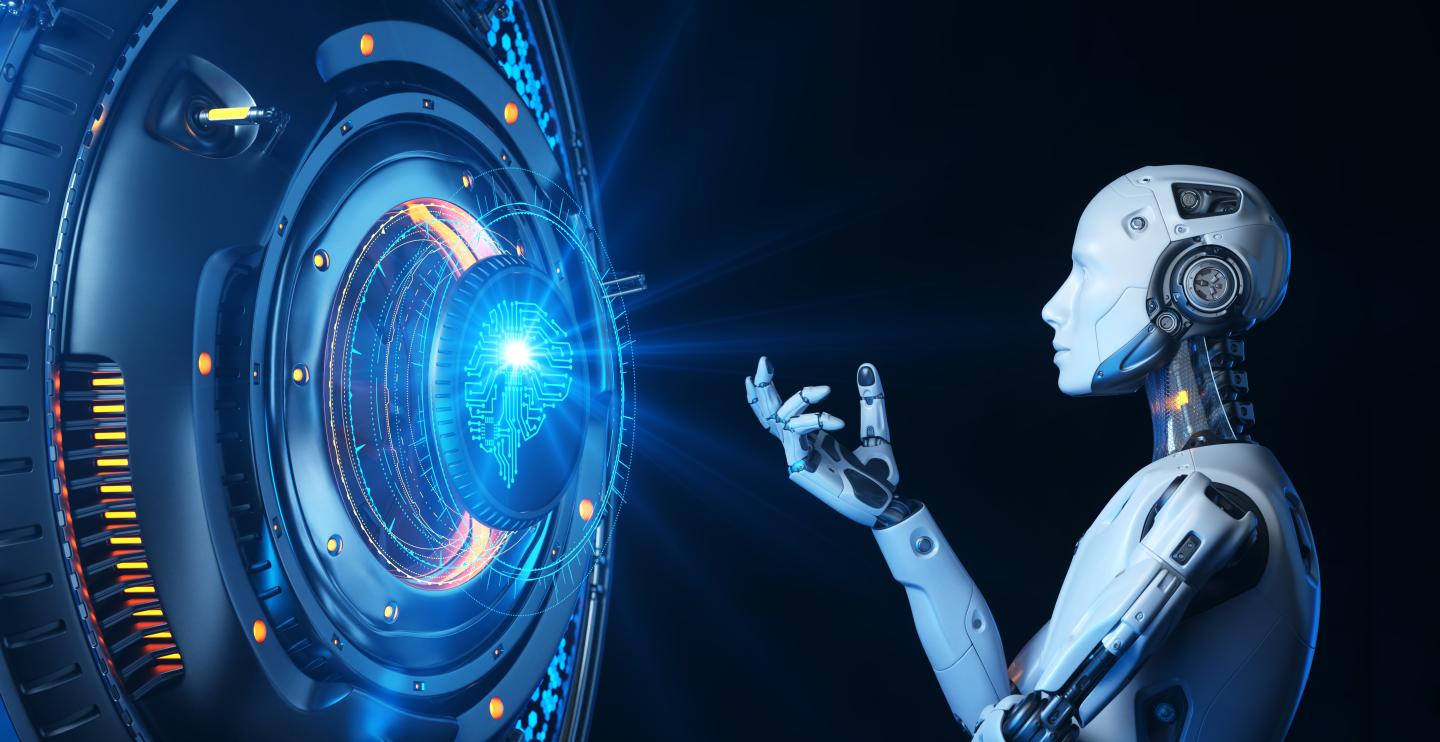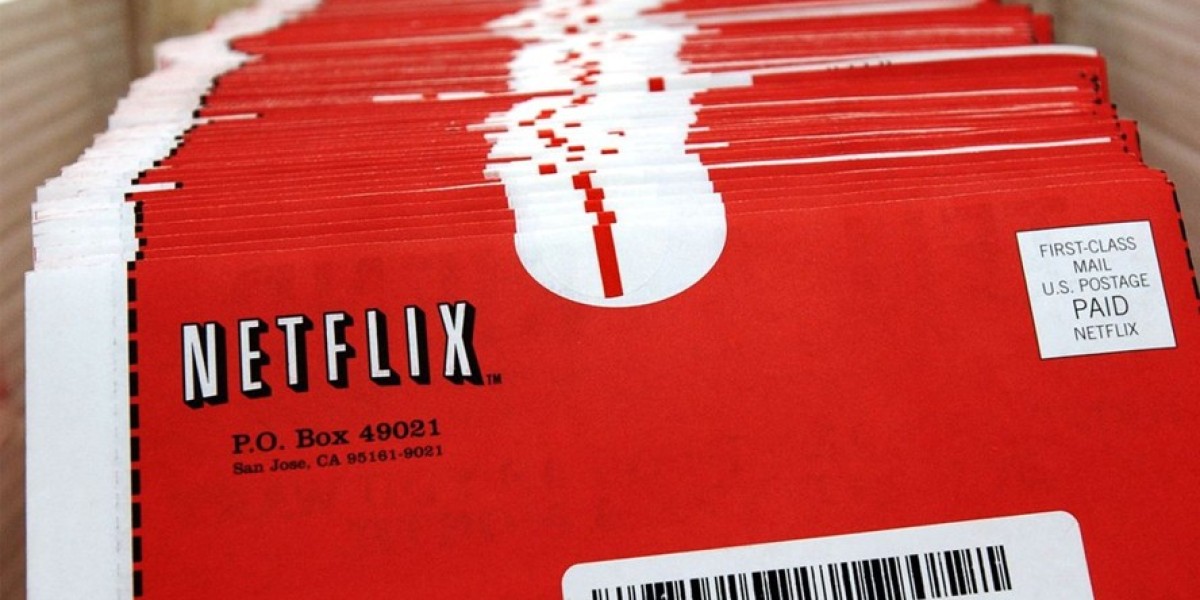Richard Whittle gets financing from the ESRC, Research England and was the recipient of a CAPE Fellowship.
Stuart Mills does not work for, speak with, own shares in or receive funding from any company or organisation that would take advantage of this post, and has disclosed no pertinent affiliations beyond their scholastic consultation.
Partners
University of Salford and University of Leeds supply funding as establishing partners of The Conversation UK.
View all partners
Before January 27 2025, it's reasonable to say that Chinese tech business DeepSeek was flying under the radar. And then it came significantly into view.

Suddenly, everyone was discussing it - not least the investors and executives at US tech companies like Nvidia, Microsoft and Google, which all saw their business values topple thanks to the success of this AI startup research study laboratory.

Founded by an effective Chinese hedge fund manager, the laboratory has taken a different technique to expert system. One of the significant distinctions is expense.
The advancement expenses for Open AI's ChatGPT-4 were stated to be in excess of US$ 100 million (₤ 81 million). DeepSeek's R1 model - which is used to generate content, utahsyardsale.com resolve logic issues and create computer system code - was apparently used much fewer, less effective computer chips than the similarity GPT-4, leading to expenses claimed (however unproven) to be as low as US$ 6 million.
This has both monetary and geopolitical results. China goes through US sanctions on importing the most advanced computer chips. But the truth that a Chinese start-up has had the ability to build such a sophisticated design raises questions about the effectiveness of these sanctions, and whether Chinese innovators can work around them.
The timing of DeepSeek's new release on January 20, as Donald Trump was being sworn in as president, indicated a challenge to US dominance in AI. Trump reacted by explaining the minute as a "wake-up call".

From a financial viewpoint, the most obvious impact might be on consumers. Unlike rivals such as OpenAI, which recently started charging US$ 200 monthly for access to their premium designs, DeepSeek's comparable tools are presently complimentary. They are likewise "open source", allowing anybody to poke around in the code and reconfigure things as they want.
Low costs of development and effective use of hardware appear to have managed DeepSeek this expense benefit, and have actually already forced some Chinese rivals to decrease their costs. Consumers ought to prepare for lower expenses from other AI services too.

Artificial financial investment
Longer term - which, in the AI industry, can still be remarkably soon - the success of DeepSeek could have a huge effect on AI financial investment.
This is due to the fact that so far, asteroidsathome.net practically all of the big AI business - OpenAI, Meta, Google - have actually been struggling to commercialise their designs and be successful.
Previously, this was not always a problem. Companies like Twitter and Uber went years without making earnings, prioritising a commanding market share (lots of users) instead.
And business like OpenAI have actually been doing the exact same. In exchange for constant investment from hedge funds and other organisations, they assure to construct much more powerful models.

These models, the business pitch most likely goes, will enormously enhance productivity and after that success for companies, which will end up delighted to spend for AI items. In the mean time, all the tech companies require to do is gather more information, purchase more effective chips (and more of them), and develop their designs for longer.
But this costs a lot of cash.
Nvidia's Blackwell chip - the world's most effective AI chip to date - costs around US$ 40,000 per system, and AI companies frequently need 10s of thousands of them. But up to now, AI business have not really struggled to attract the essential investment, even if the amounts are big.

DeepSeek may change all this.

By demonstrating that developments with existing (and possibly less sophisticated) hardware can accomplish comparable performance, it has actually provided a caution that throwing money at AI is not ensured to settle.
For instance, prior to January 20, it might have been assumed that the most innovative AI designs require massive data centres and other facilities. This implied the likes of Google, Microsoft and OpenAI would deal with restricted competitors because of the high barriers (the huge cost) to enter this market.
Money concerns
But if those barriers to entry are much lower than everybody believes - as DeepSeek's success recommends - then numerous enormous AI financial investments all of a sudden look a lot riskier. Hence the abrupt effect on huge tech share costs.
Shares in chipmaker Nvidia fell by around 17% and ASML, which produces the machines required to make innovative chips, likewise saw its share cost fall. (While there has actually been a small bounceback in Nvidia's stock cost, it appears to have actually settled below its previous highs, reflecting a new market truth.)
Nvidia and ASML are "pick-and-shovel" companies that make the tools required to create a product, instead of the product itself. (The term originates from the idea that in a goldrush, the only person ensured to generate income is the one offering the choices and shovels.)
The "shovels" they offer are chips and chip-making equipment. The fall in their share prices originated from the sense that if DeepSeek's much cheaper method works, the billions of dollars of future sales that financiers have actually priced into these business may not materialise.
For the similarity Microsoft, Google and Meta (OpenAI is not openly traded), the expense of building advanced AI may now have fallen, indicating these companies will have to invest less to stay competitive. That, for them, might be an advantage.
But there is now doubt regarding whether these companies can effectively monetise their AI programmes.
US stocks comprise a historically large portion of worldwide financial investment right now, and christianpedia.com innovation companies make up a traditionally large portion of the worth of the US stock exchange. Losses in this market might require financiers to offer off other investments to cover their losses in tech, causing a whole-market downturn.
And it should not have actually come as a surprise. In 2023, a dripped Google memo alerted that the AI market was exposed to outsider disturbance. The memo argued that AI business "had no moat" - no security - versus rival designs. DeepSeek's success may be the proof that this is real.








